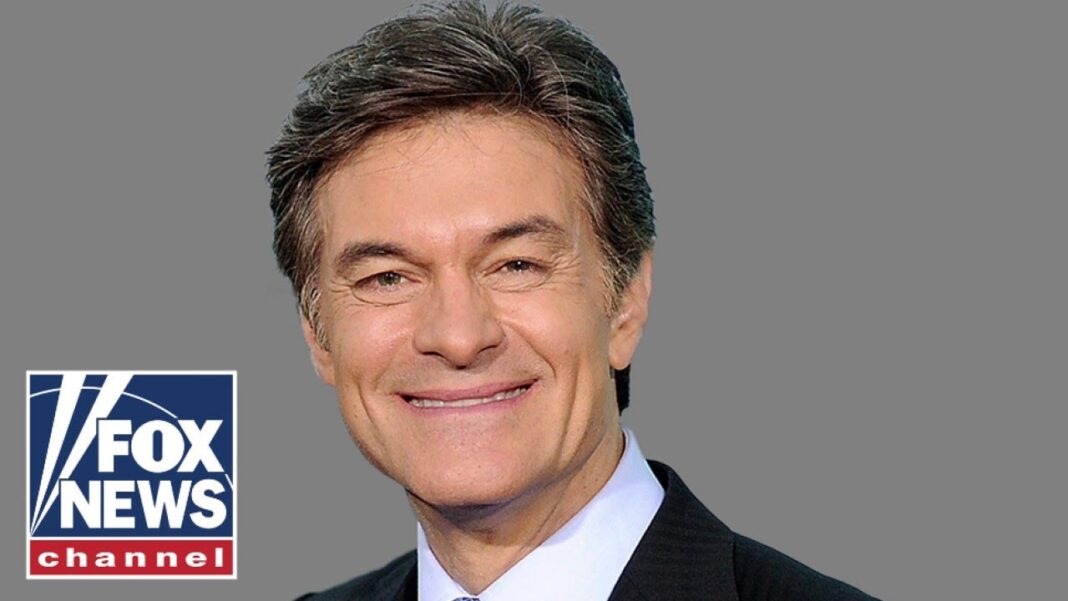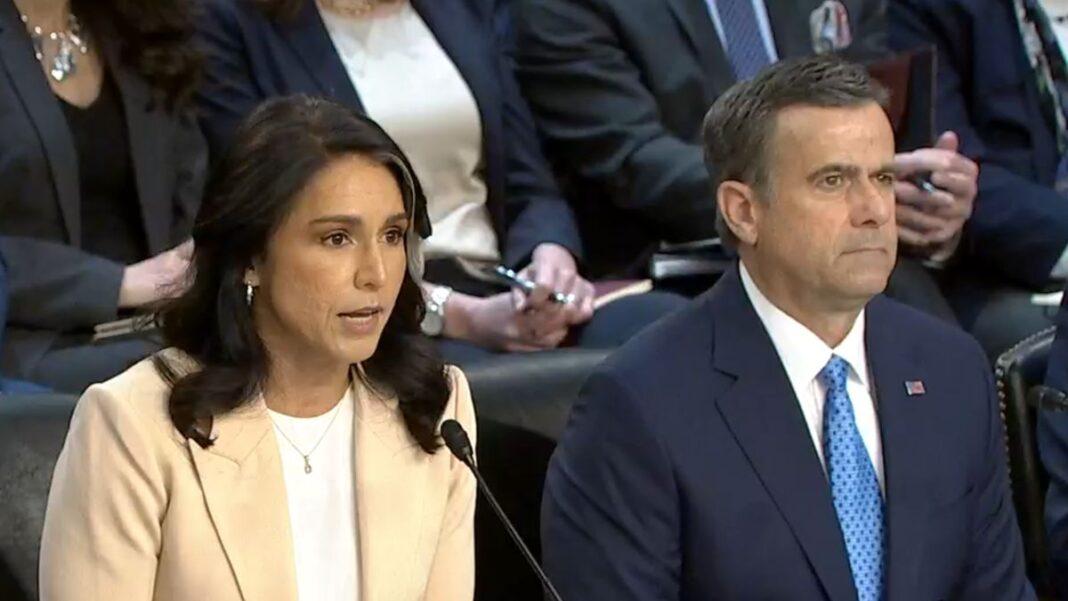Democrats are skeptical of the nominee’s views on Medicaid funding while Republicans support his plans to improve the program.
Dr. Mehmet Oz moved a step closer to becoming administrator of the Centers for Medicare and Medicaid Services as the Senate Committee on Finance recommended his confirmation on March 25.
President Donald Trump nominated Oz to lead the agency that administers health coverage payments for more than 160 million people and spends one in five taxpayer dollars through Medicare, Medicaid, the Children’s Health Insurance Program, and the Health Insurance Marketplace.
Oz, formerly an attending physician at New York-Presbyterian Hospital and professor of surgery at Columbia University, is best known as the celebrity host of a long-running syndicated television program featuring health-related topics.
His nomination advanced to the full Senate on a 14–13 party-line vote, with Republicans supporting the nomination.
The confirmation vote comes as lawmakers consider budget cuts that may include Medicaid spending. The president has said he will not allow cuts to the program other than those that constitute waste, fraud, or abuse.
Democrats have said cuts are inevitable given the $1.5 trillion in spending reductions over 10 years that Republicans passed in their 2026 budget blueprint.
Of that amount, $880 billion is expected to come from the House Committee on Energy and Commerce, which oversees Medicaid.
According to data from the Congressional Budget Office, the program accounts for 93 percent of that committee’s spending, making cuts seem likely if Republicans are to achieve their goal.
“We’re not going to touch it,“ Trump repeated in response to a reporter’s question on Feb. 26. ”Now, we are going to look for fraud.”
Ranking Member Ron Wyden (D-Ore.) said he would oppose Oz’s nomination in part because the nominee had failed to give a direct answer regarding Medicaid spending during his March 14 confirmation hearing.
“When I asked him a yes or no question about whether he would protect Medicaid, he dodged, he weaved, he simply wouldn’t answer,” Wyden said prior to the vote.
Oz had declined to say he would oppose reductions in Medicaid spending. His responses pointed instead to ways of improving Americans’ health, thereby reducing health care spending.







